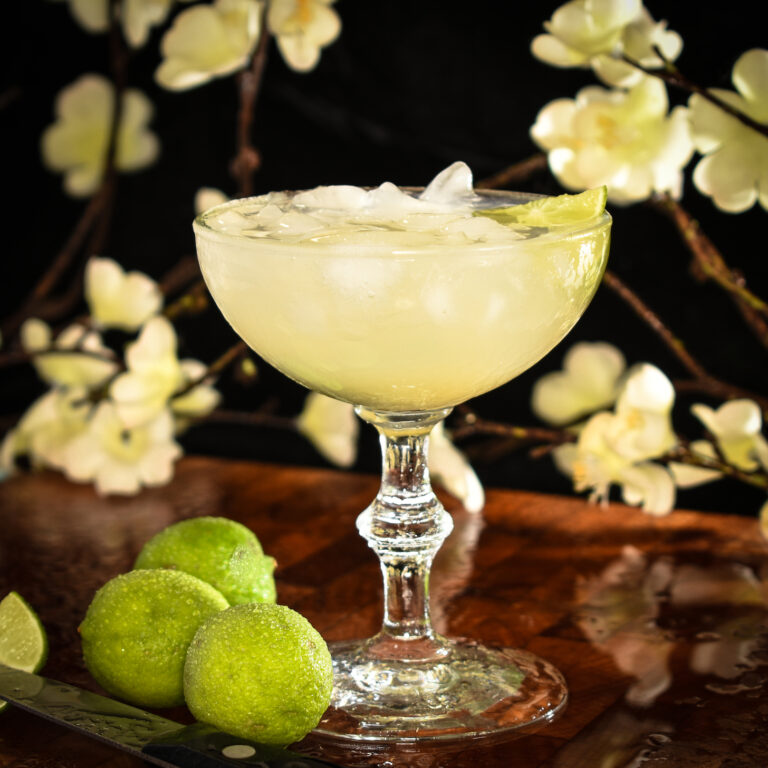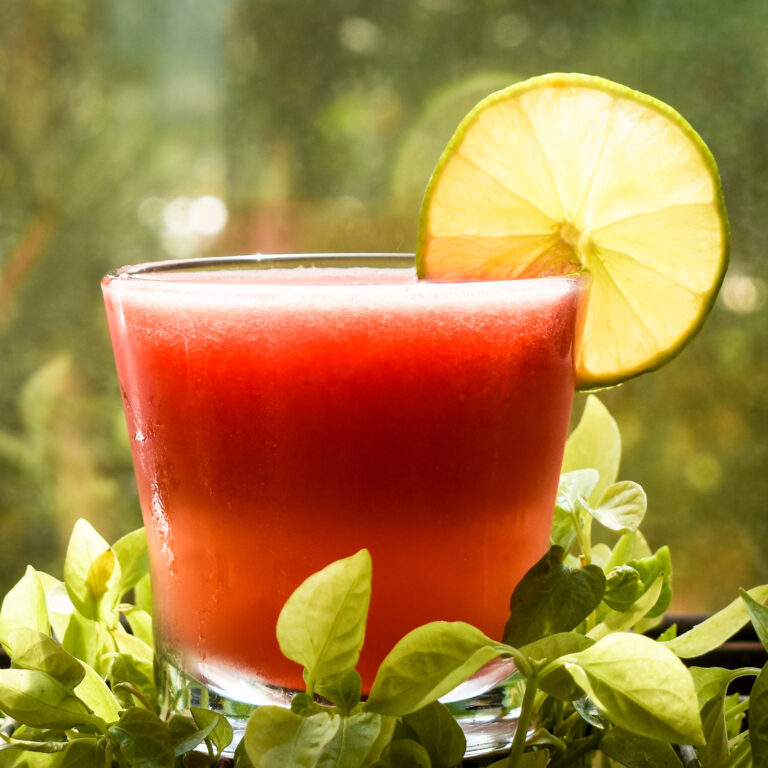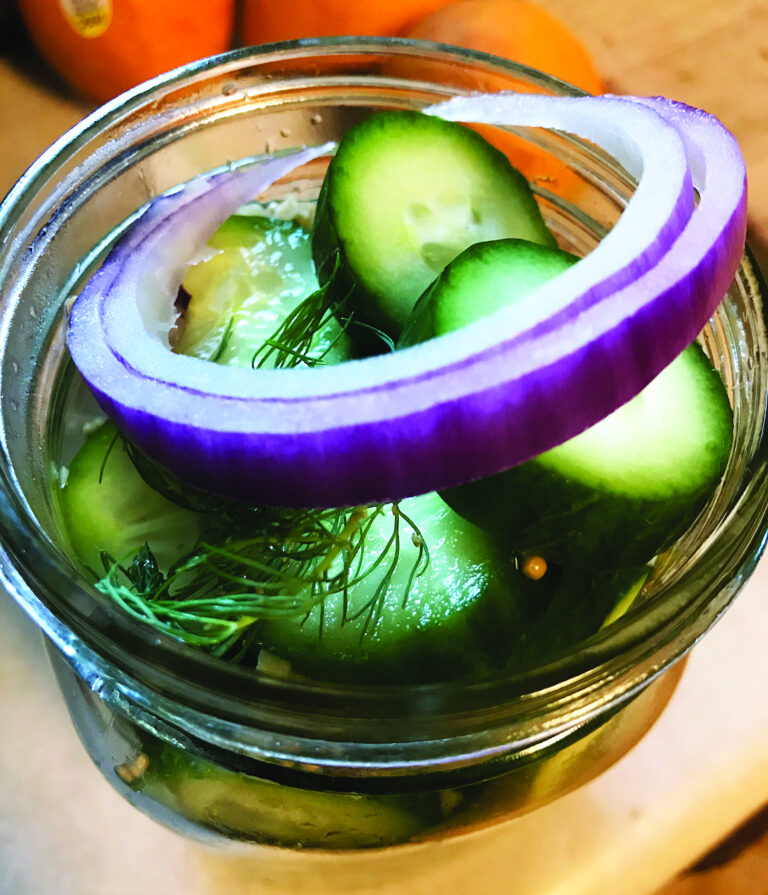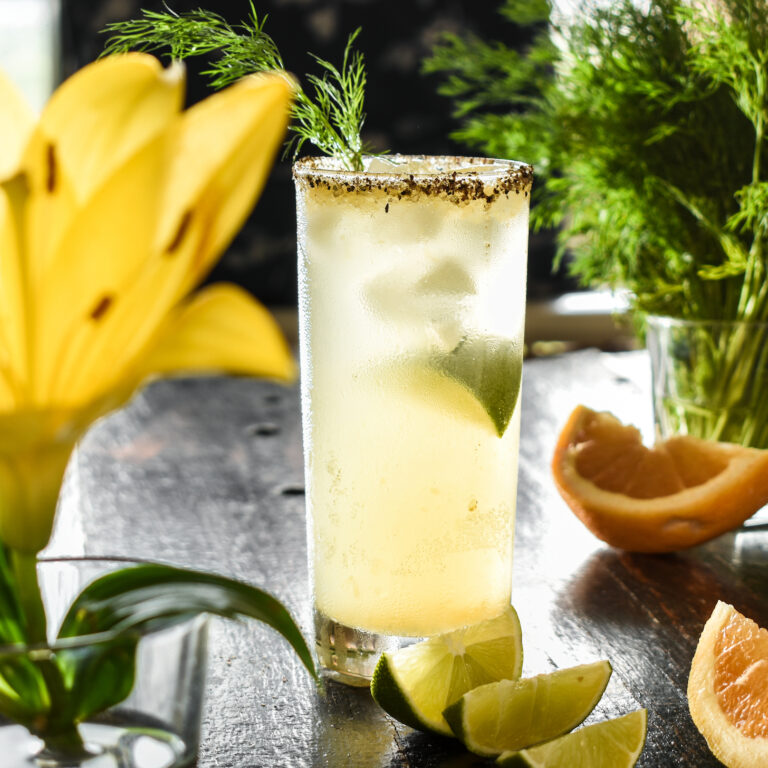Animal rights groups such as People for the Ethical Treatment of Animals (PETA), In Defense of Animals and a loose-knit group called Animal Liberation Front, call foie gras production cruel and inhumane. They point to the fact that production is now banned in Denmark, Germany, Norway, Poland, Switzerland and the United Kingdom; a ban in Israel, the world's third-largest producer of foie gras, goes into effect next year. Though many groups have complaints about aspects of the conditions in which the birds are kept, these conditions vary greatly from farm to farm and country to country. The only essential similarity among producers is a period of increased confinement and force-feeding that lasts about two weeks prior to slaughter. This practice bears the brunt of their attacks and brought about the bulk of publicity over the past year, while Gov. Schwarzenegger deliberated over the issue. Opponents claim that force-feeding makes the birds grossly obese and seriously endangers their health.
Defenders of foie gras point out that because the ducks are force-fed only for the two weeks prior to slaughter, it's pointless to complain about the effects of their obesity: they'll be dinner before they die of natural causes. Sonoma tries to paint a good picture of their operation, saying that for much of their lives, living conditions for their birds are arguably better than birds in most poultry operations. Their web site tries to portray a farm that treats animals properly. It declares that ducklings arrive at Sonoma Foie Gras when they're one day old. The birds supposedly spend their first month or two in a barn but not in cages or pens, until they develop their feathers. Once their feathers come in, the birds are released into a walnut orchard, where they roam freely for about two months. From their first day until force feeding begins, the birds have access to all natural feed, water and shade. During the final two and a half weeks before slaughter, the birds are returned to barns. They are kept in pens 33 feet square, 12 birds to a pen. They are force fed a cornmeal mush twice daily. A long metal tube is inserted down their throats for less than a minute as the food is pumped into their stomachs.
It's not a pretty sight, the force feeding, and it's difficult to deny that it looks unpleasant, to say the least. (Gloria Steinem compares force-feeding to bodily invasion crimes like rape.) But to those who eat meat unabashedly (which is most of the population), the inflammatory rhetoric of the animal rights activists sounds a bit like crying wolf. Oh, the plight of cows, chickens, pigs! And now they're after foie gras. How can they expect meat eaters to stand up for ducks when they didn't care about de-beaking of chickens or the tail-docking of hogs, the confinement of veal cows or the removal of frogs' legs? Sooner or later, as food lovers, consumers and heads of the food chain, we must ask ourselves how much we care about where our food comes from, and what our priorities are.
Most Americans aren't radical animal activists and most have never tasted foie gras. The vast majority of us will never be affected by this ban. The people following it most closely are those in the food industry—chefs, restaurateurs and servers—and those who keep the previous group of people in business by dining out often. Many well-known chefs and food industry folks are worried that the foie gras controversy focuses an unfair amount of attention on a problem that is small in comparison to the larger issue of factory farming. Marion Nestle, who is a Professor of Nutrition, Food Studies and Public Health at New York University and the author of Food Politics (which took on the food industry for influencing Americans' eating habits to the detriment of our collective health) told The New York Times earlier this month, “If he [Schwarzenegger] thinks ducks are treated badly, he needs to go visit a slaughterhouse.” In the same story, Paula Wolfert, a well-known author of French and North African cookbooks, was quoted as saying, “I'd rather be a force-fed duck than a Tyson chicken.”
There has been a trend in restaurants, especially over the past few years, towards more organic produce, free-range meat and other locally-produced products. Also on the rise has been the incidence of foie gras on upscale menus. For the most part, successful chefs are those who seek out, utilize and promote the finest possible ingredients. And for the most part, chefs haven't seemed troubled by serving grass-fed beef topped with force-fed foie gras. The owner of Chez Panisse in Berkeley, Calif., and a prominent promoter of organic foods and sustainable agriculture, Alice Waters recently told Wine Spectator magazine that foie gras production was low on her list of priorities. “There are just a lot more important things to ban,” she said. “How about banning supersized Cokes—things that are creating diabetes and killing people?”
It is difficult for many foodies to attack a small, local producer of a coveted specialty product when our culture as a whole is under siege by giant corporations intent on literally marketing us to death with chicken nuggets, biggie fries and supersize sodas. Bad for a small number of ducks? Bad for millions of American children? Corporate feedlots propagate along our highways, serving grilled chicken breasts from millions of birds that probably lived much more miserable lives than those California ducks whose livers, breasts and legs (yes, the meat is also sold) end up on a small percentage of American plates.
Yes, all animals should be treated with care and respect. Yes, ducks matter. But we must choose our battles carefully. This isn't really a case of making changes in the method of production so we can enjoy foie gras without force-feeding ducks. Gov. Schwarzenneger's law gives Sonoma seven and a half years to come up with an alternative to force feeding, but right now, there is no alternative method that produces anything like foie gras. The problem is not that kinder/gentler foie gras is too expensive—it doesn't exist.
The Wine Spectator quoted Ken Frank, a Napa Valley chef and supporter of humane farming methods, that “Guillermo [Gonzales] probably runs the most humane foie gras farm on the planet. … For as long as I have known him, he has resisted adopting farming and feeding technologies that most of his competition use.” If Frank is right, then banning foie gras in California means that restaurants won't buy from a farm where ducks roam in a walnut orchard, they'll buy from a much bigger operation in New York. If it's banned in New York they'll buy from France, the world's largest producer. If France goes, there's always Hungary, the second largest source. Cost matters little because foie gras has always been a special occasion food that people are willing to splurge on.
Local chefs say they serve foie gras because they enjoy it, not because they make a lot of money on it. Chef Jennifer James of Graze and Restaurant Jennifer James, says she has served foie gras both as a regular menu item and as an occasional special, even though her profit margin on the livers is lower than on other items. “Most chefs have it on the menu because they love it and it's really good,” James says. Among her clientele, there is a small crowd of foodies who ask for foie gras but, “I don't think the average person could care less about it.”








